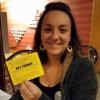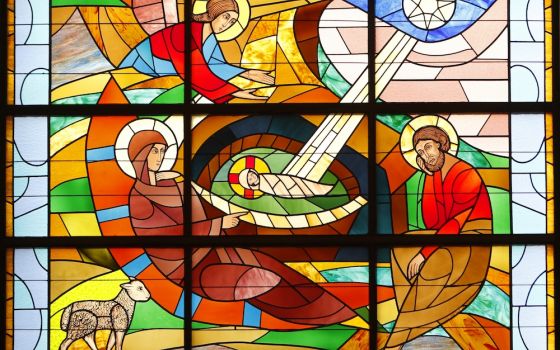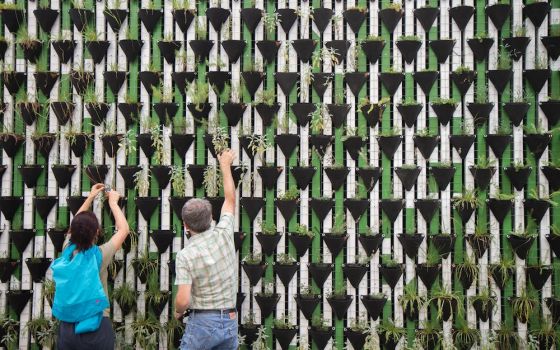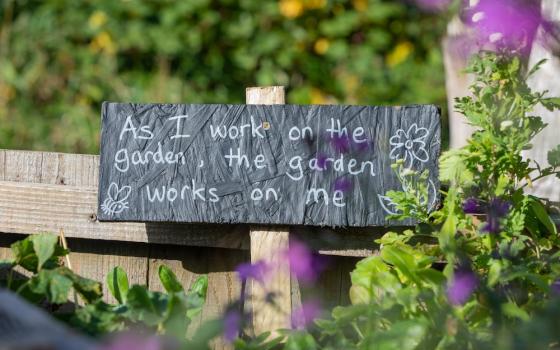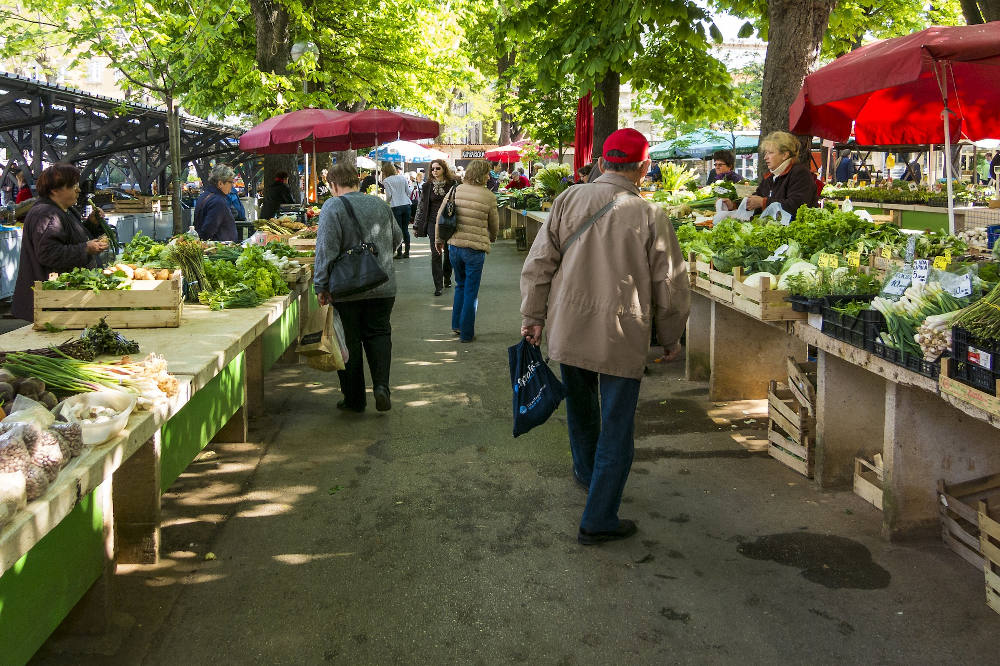
The environmentalist Wendell Berry believes we must limit our "economic geography" to support local communities and know the true origins and cost of what we buy. (Pixabay/Martin Winkler)
Second week of Advent theme—Money
Day 13: Friday, Dec. 11
Most of us get almost all of the things we need by buying them; most of us know only vaguely, if at all where those things come from; and most of us know not at all what damage is involved in their production. We are almost entirely dependent upon an economy of which we are almost entirely ignorant.
-Wendell Berry, "Conservation is Good Work"
In his essay "Conservation is Good Work," the noted essayist and environmentalist Wendell Berry explains that we must limit our "economic geography" in order to support our local communities and to know the true origins and cost of what we buy. Our current "absentee economy" allows us to take resources from other parts of the world without seeing the damage that can cause.
To remedy this problem, he suggests first reforming our "private or household economies" so as not to overwhelm ourselves — doing this can transform local and national economies. Berry states that we have power as consumers and that we must choose "the health of the whole community," people and creation, as we discern what and where to buy.
In his essay, he gives the following suggestions for transforming our personal economies, which are paraphrased below:
- Even if it is more expensive, it is better to buy local.
- Buying from small, privately owned local stores is better than buying from a chain store.
- Buy quality products over cheaply made.
- Do not buy anything you do not need.
- Do/make what you can for yourself.
- If you cannot do something for yourself, do you have a neighbor or friend who could help?
- Spend your money in ways that allow it to stay as long as possible in the local community.
- If you can invest, invest locally.
- Ask yourself if you could share your money at low interest to support a young person who wants to start a farm or a small business that the community needs.
ACT
Implement one of Berry's suggestions to limit your "economic geography" in a purchase you make (or decide not to make) in the near future.
Visit the Advent Simplicity Calendar for resources that will help you tap into your local economic system.
Simple Advent, Abundant Life
reflect | act
Sign up to receive daily emails for this Advent reflection series.
Advertisement
